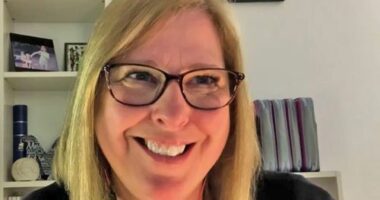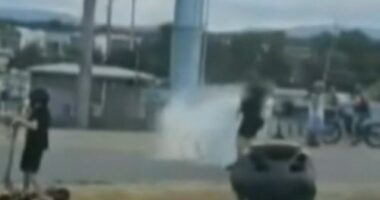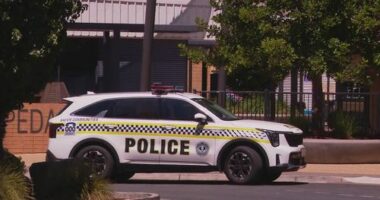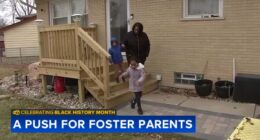Share this @internewscast.com
“It required extensive psychology and counselling for me to recognize this was not normal, but rather abuse.”
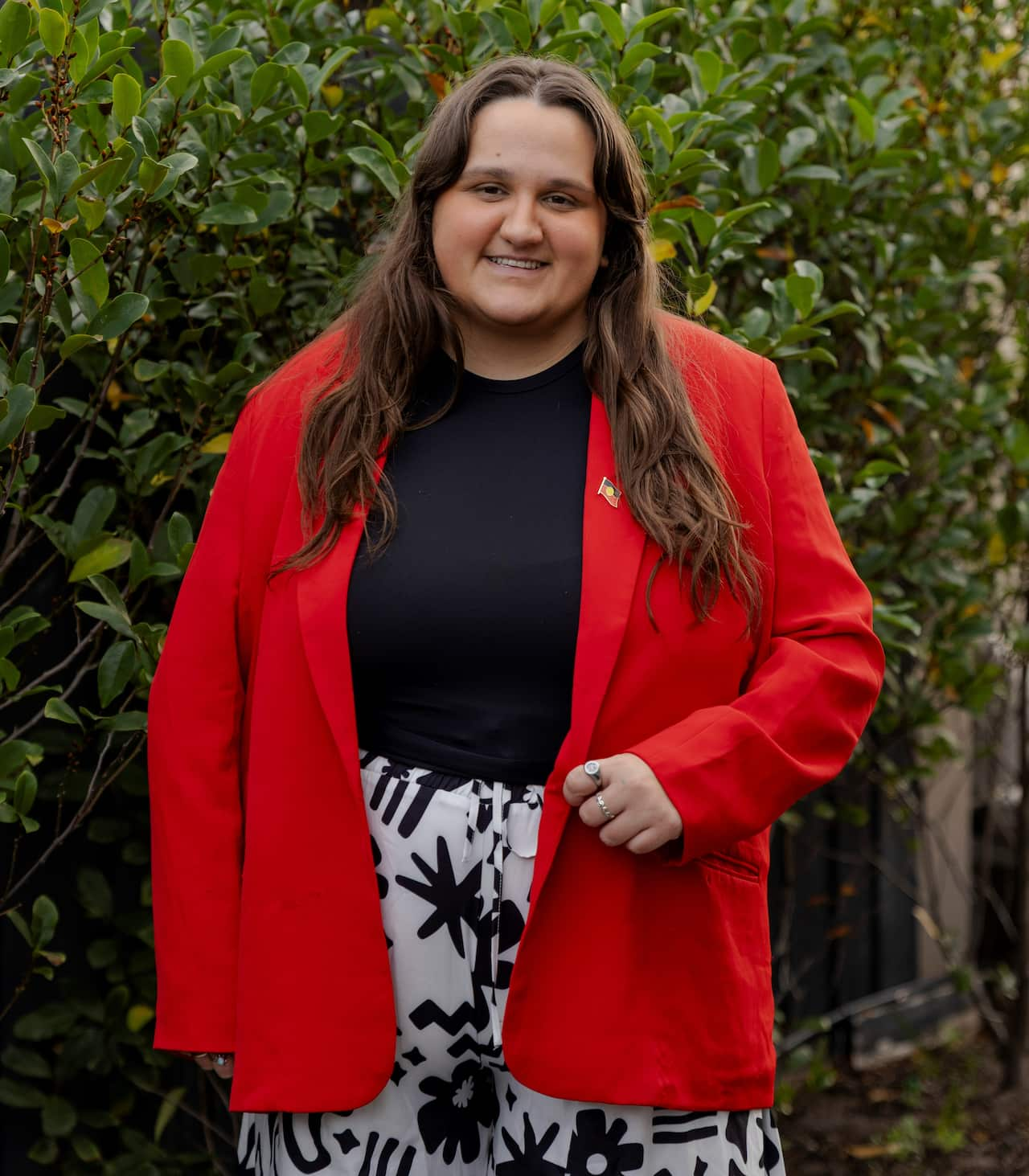
Sarah Williams believes children and young people are often forgotten in conversations about domestic violence. Source: Supplied
When Williams was 17, she decided to seek help, but found it difficult to find services or information that supported young people.
“They’ve witnessed it all and experienced it and are a victim within their own right.”
The ‘forgotten, invisible’ victims
“What I would say is young people in particular are the forgotten, invisible victims of family and domestic violence,” Tobin says.
We know when young people experience family and domestic violence and their trauma is not addressed, it becomes intergenerational trauma.
Tobin says it is difficult to quantify exact numbers because many young people are not accessing support through the current systems.
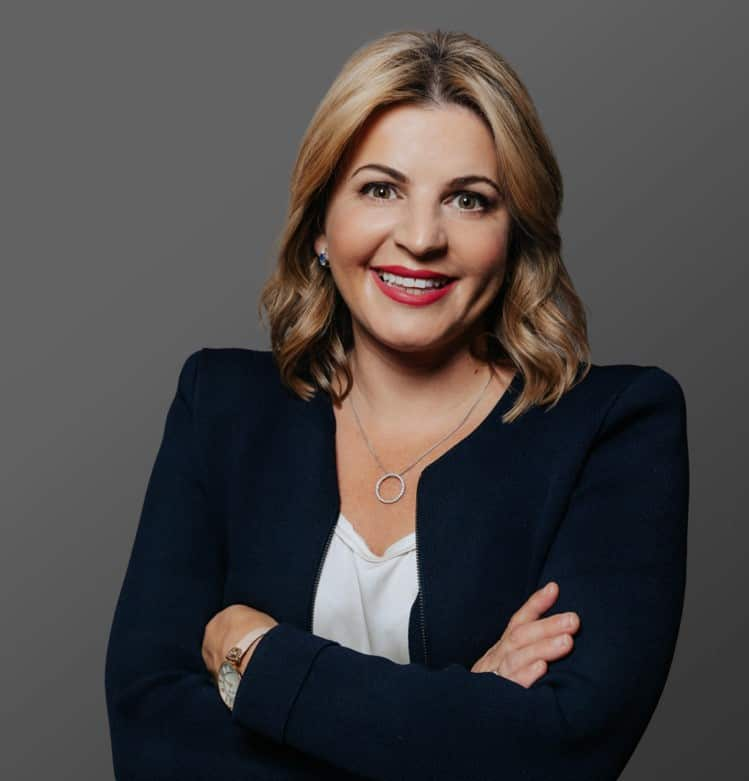
Chelsea Tobin is CEO of Safe Steps, a 24/7 family violence response centre. Source: Supplied
“They don’t call us, they don’t call anyone, because they see traditional services as irrelevant, unhelpful, or inaccessible,” Tobin says.
“Young people tell us they find it unclear where to access supportive services relevant to them… they are constantly slipping through the cracks.”
‘Complicated for a young person to understand’
After enduring years of fear, Allen, her mother, and two sisters managed to escape and start anew. They could afford basic needs, but Allen says finding support or educational resources on her experiences was challenging.
Now 18, Allen has become an advocate and is working to improve resources for young people experiencing the kind of violence she and her sisters faced.
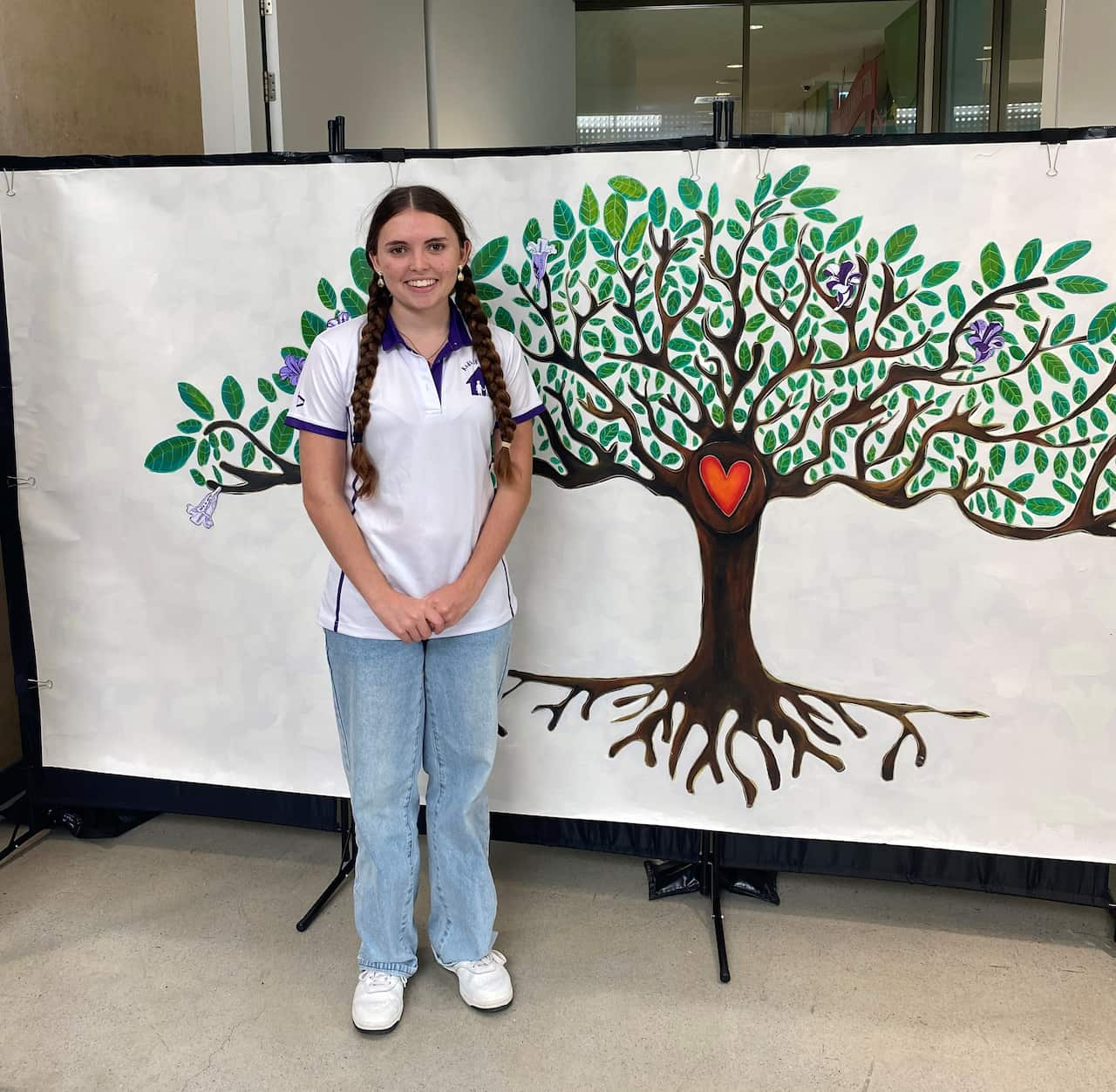
Ruby Allen says domestic violence services do not adequately cater for children and young adults. Source: Supplied
Allen shares Williams’s view that young people are often left out or not adequately represented in public conversations or media coverage about domestic and family violence.
“It’s not just witnessing or seeing something, it’s feeling the effects of it as well.”
Youth-perpetrated domestic violence
“They witness it or they’re subjected themselves to the violence, and then what occurs is these young people learn how to solve problems and emotionally regulate through the use of physical violence or emotional violence,” Barker says.
These young people grow up and they have partners, and because of the nature of their upbringing and their current attachment styles, they then start to utilise violence as a way to address issues.
Barker says there are many gaps in the system and public knowledge when it comes to domestic, family and sexual violence experienced and perpetrated by young people.
She says this means their individual needs, risks, and trauma have traditionally not been addressed or treated.
She says Australia needs a digital-first response designed for children and young people, with tailored support, education, and referral services.
Lasting impacts and ongoing trauma
“I think because [it’s] all I’ve ever known, it’s affected absolutely every aspect of my life,” she says.
Looking back, I was definitely in survival mode, literally my whole life.
“Obviously, it felt bad; it hurt and broke me, but I thought that was something that happens because that’s all I saw.”



